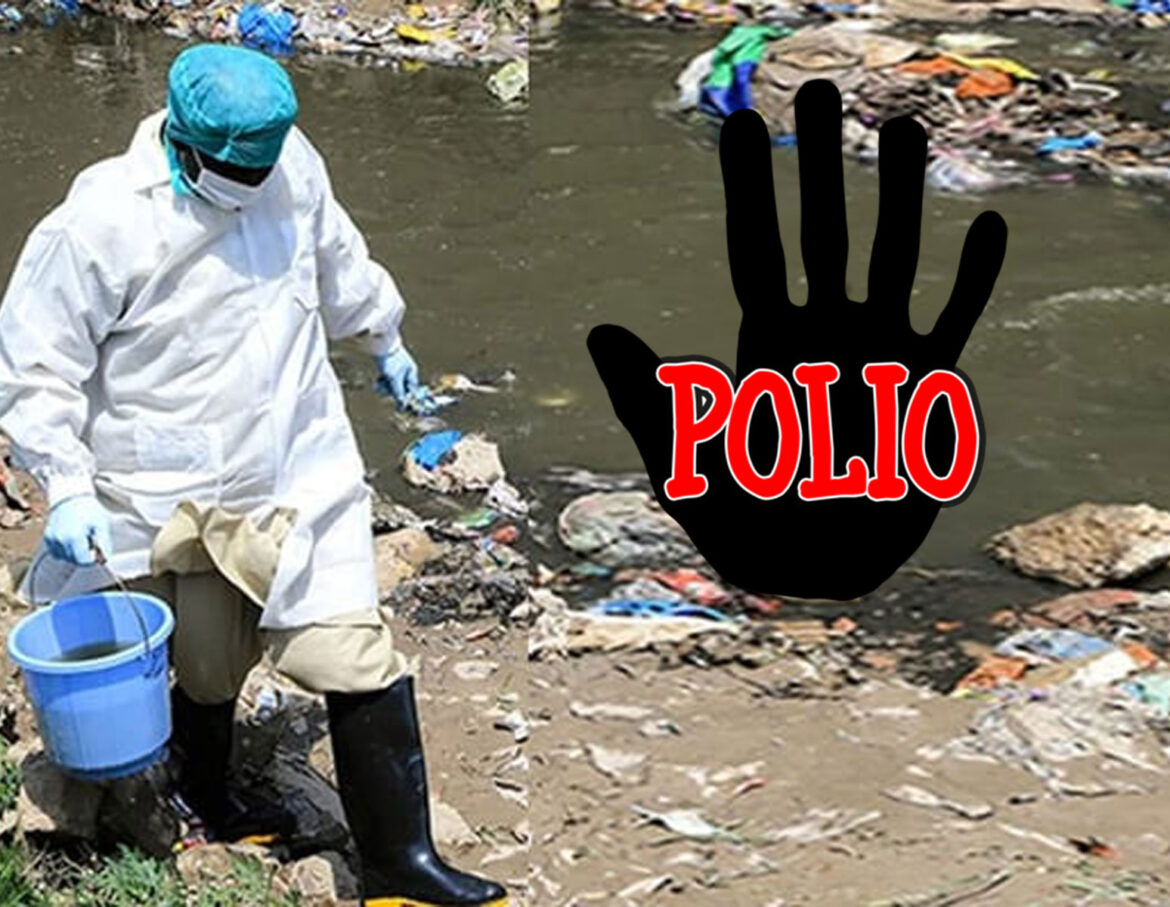The Regional Reference Laboratory for Polio Eradication at the National Institute of Health has confirmed the presence of wild poliovirus type 1 (WPV1) in environmental samples collected from eight districts, raising concerns about the persistent threat of the virus in Pakistan.
According to an official from the lab, sewage samples from Kech, Sibi, Barkhan, Quetta, Gwadar, Bannu, Dera Ismail Khan, and South Waziristan Lower have tested positive for WPV1. The detection underscores the need for continued vigilance and immunisation efforts to curb the virus’s spread.
In response, Dr Malik Mukhtar Ahmad Bharath, the Prime Minister’s Coordinator on Health, has stressed the urgent need to integrate the efforts of polio and Expanded Programme on Immunisation (EPI) teams to protect children from vaccine-preventable diseases.
He expressed gratitude to provincial EPI teams, Polio Emergency Operation Centres (EOCs), partner organisations (Gavi, WHO, UNICEF, Gates Foundation), healthcare professionals, government agencies, and particularly frontline healthcare workers for their dedication to achieving immunisation targets.
“This is a shared responsibility that demands full commitment from all of us, especially at the provincial and district levels,” Dr Bharath stated, highlighting the critical role of collective action in eradicating polio from Pakistan.
The detection of WPV1 in multiple districts is a stark reminder that polio remains a public health threat, necessitating robust immunisation campaigns and coordinated efforts to protect children across the country.



